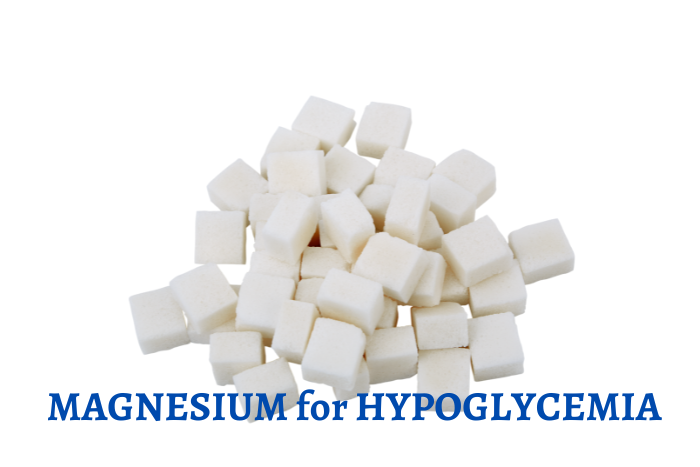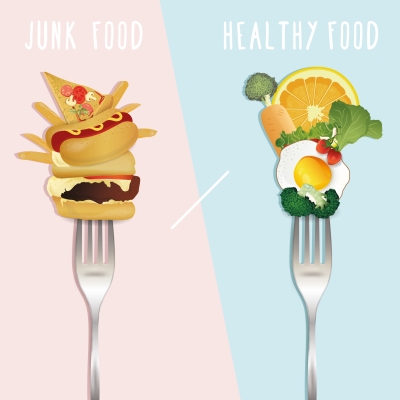
Magnesium for hypoglycemia is vital. Why? Magnesium helps balance blood sugar. When blood sugar drops, you have hypoglycemia.
Magnesium for hypoglycemia plays an important role
The brain uses more blood sugar compared with other organs. Blood sugar can be low when individuals are malnourished, skip meals, or deplete the adrenal glands. Usually, adrenal glands release adrenaline to raise blood sugar when low. When adrenal glands are tired, no adrenaline goes into the blood.
Hypoglycemia occurs when blood sugar drops to a low 50mg/dl. The regular blood sugar is from 80 mg/dl to 100mg/dl.
Sufficient magnesium prevents low blood sugar. Balanced meals help too. It means that they will not experience symptoms of hypoglycemia.
Reasons for low blood sugar

Individuals who eat refined products with plenty of white flour and sugar not just once in a while but consistently experience the effects of hypoglycemia. These foods are absorbed fast because they consist of carbohydrates. Carbohydrates burn fast and reach the bloodstream.
When carbohydrates reach the bloodstream, blood sugar becomes elevated. Insulin is released when blood sugar reaches the maximum. The excess glucose is ushered into the cells of the body. It prompts a blood sugar drop.
Sugar and insulin
When people eat more and more sugar, more insulin enters the bloodstream. Blood sugar falls again. This dropping of blood sugar in the bloodstream causes the release of adrenaline.
Usually, the adrenaline is released when our body is prepared to fight or run. I wonder where we can run after the piece of chocolate cake? Maybe to the next one, but these habits of consuming plenty of carbohydrates do not bring any good.
Adrenaline release can cause anxiety or panic attacks. In this case, individuals can reach for more comforting food. Unfortunately, it can make things worse.
Magnesium regulates blood sugar. Sufficient magnesium helps the body deal with the consequences of using a highly refined diet.
The danger of using aspartame
Aspartame is an excitotoxin. The use of products that contain Aspartame can lead to migraines and headaches. Aspartame is a sugar substitute. Unfortunately, this excitotoxin causes damage to individual neurons in the brain.
Neuroscientists and neurosurgeons recognize the harmful role of excitotoxin. These substances help develop neurological diseases such as Alzheimer’s, Parkinson’s, Huntington’s, and amyotrophic lateral sclerosis(ALS).
One of the components of Aspartame is aspartate, an active amino acid. The aspartate, together with glutamate, acts as neurotransmitters in the brain in minimal quantities.

Unfortunately, glutamate is used in MSG, a typical flavor enhancer in processed foods.
Think about shelving life for the product. The product can stay longer; the manufacturers do not need to deal with expenses when the item is spoiled quickly. Some of the products can stay thanks to preservatives forever.
Aspartate and glutamate are used as food additives in bulk. High concentrations of these essential amino acids continuously stimulate cells. Finally, cells are tired from challenges and undergo the process of cell death. This process is called excitotoxicity. It sounds terrible, but cells die from excitement.
Magnesium protects from harmful toxins
Magnesium is neuroprotectant. This mineral defends cells from neurotoxins. How does magnesium it? Magnesium is the cofactor for more than 325 enzyme systems. These enzymes participate in detoxification, energy production, and brain and nerve protection.
Conclusion
Magnesium is an essential mineral and vital one. Magnesium for hypoglycemia helps ease the effects of processed and refined food. Magnesium influences the balance of blood sugar in the bloodstream. Adrenal glands rely on magnesium too.
With plenty of magnesium and balanced meals, we can avoid headaches, mood disorders, premenstrual tension, and attention deficit hyperactivity disorder. Magnesium supports the brain and its functions. It lets us avoid chemicals used to alter the mind when these disorders occur.
There are plenty of magnesium supplements. However, magnesium works best when absorbed 100 percent and does not have side effects such as laxatives. Would you like to check pico-ionic, 100% drank liquid magnesium? You can read the review here.
If you have comments or questions, please leave them below. I would be glad to answer as soon as possible.